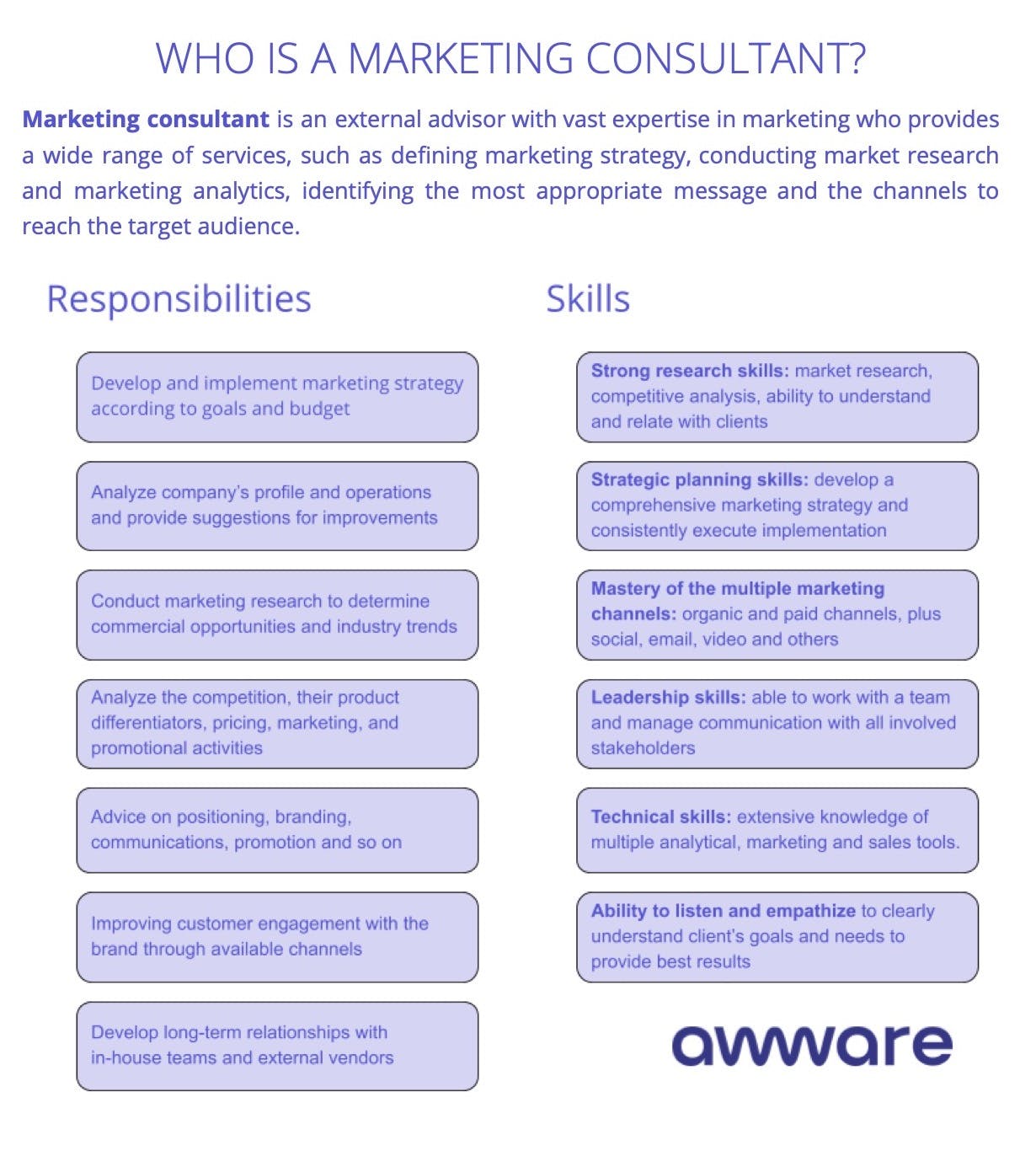
CSA
The Society of Certified Senior Advisors(CSA) is an organization that certifies, educates, and certifies professionals who work closely with older adults. The organization offers a certificate programme in Working with Older Adults and a Certified Senior Advisor (CSA),(r) credential. These certifications are well-recognized as benchmarks of senior care expertise.
CSAs can help senior clients with a wide range of issues and concerns. They have the ability to transfer their knowledge and skills to their client's work, and to become more valuable. They can also offer senior clients and clients beneficial recommendations.
CSFP
A Certified Seniors Financial Planner (CSFP), is a financial specialist who has completed additional education to attain the title. It is a smart idea to verify the credentials of potential advisors before you hire them. Many financial advisors do not have to be licensed, so it's possible they could be scammers. It is therefore important to understand the differences between a CSA or a CFP.

The American College offers The Chartered Advisor for Senior Living (CASL). This certification recognizes a financial advisor's commitment to serving the needs of aging clients. Advisors must have worked with seniors for at least three consecutive years and follow The American College's Code of Ethics. CASL holders must be a part of the Professional Recertification Programm to maintain their credentials. They pass an exam that covers topics like long-term and short-term care planning, retirement distributions, as well as social security.
Specialist in assisted living placement
An assisted living specialist is a person who helps seniors and their family choose an assisted-living community. These individuals are often employed by an advisor company with an extensive network of senior living communities. They have a thorough knowledge of the intricacies of eldercare and senior living, and they have the expertise to guide families through the process and ensure that their loved one gets the best possible care.
Even though it can be challenging to navigate the selection process of senior living on your terms, a certified senior advisor will help you. They can help you choose the best option for your loved one, and can even help you downsize. This type of advisor does not engage in sales tactics and will always encourage the best interests of the client.
Financial advisor
It is crucial that you choose the right person for your financial advisor. Look for someone with impressive titles or designations. While "senior Specialist" might sound impressive, you need to investigate their credentials. Many seniors have little time to build an investment portfolio, so it's important to find a professional with the proper training and experience.

The American College confers the Chartered advisor in Senior Living (CASL), which is a symbol of a financial planner's dedication to helping clients age with dignity. In order to obtain this designation, advisors must have experience working with senior clients and adhere to The American College's Code of Ethics. The designation is no more available to new students. Those who already have the designation must continue to hold it. CASL certification requires financial advisers to pass an exam covering topics such as retirement planning, social security and pensions, estate planning and long-termcare.
FAQ
What should I expect from my consultant
Once you select your consultant, you should expect to hear back from them within a few days. They will often ask about your company's mission, goals and products. They will then send you a proposal that outlines the scope of work and estimates timeframe, fees, deliverables, milestones and other details.
If all goes well, the parties will then negotiate a written agreement. The type and content of the contract will vary depending on whether the relationship is employer-employee/employer-independent contractor.
If everything goes as planned, the consultant may begin to work immediately. You will have access both to your documents and internal resources and the consultant's skills and knowledge.
However, don't assume that just because someone is a consultant that s/he knows everything. It takes practice and hard work to become an expert in the field you are consulting. So, don't expect your consultant to know everything about your business.
How can I start an LLC consulting company?
First, you must decide what your goals are as a service provider. Then you need to make sure you are qualified for those services. You might find someone who does the same thing you are interested in and learn from them.
Once you have a clear idea of what you are offering, you can start to identify your target market. If they don't exist, you might have to make them.
You must then decide whether you want your business to be run by you or hired others.
You could also consider starting your own consulting company by getting a license from the state, but this requires quite a bit of paperwork and legal fees.
How does consulting differ to freelancing
Freelancers can be self-employed people who provide their services to clients, without the involvement of employees. They usually charge an hourly rate based on how much time they spent on a project. Consultants typically work for agencies and companies that employ them. Their salaries are paid usually monthly or annually.
Consultants have less flexibility than freelancers because they can control their work hours, and set their own prices. Consultants have better benefits, like health insurance, vacation time, sick leave, retirement plans and etc.
How much do consultants make?
Some consultants earn more than $100k per year, but most consultants earn between $25 and $50k. The average salary for a consultant is $39,000. This includes both salaried and hourly consultants.
Salary depends on industry, experience, location, and type of contract (contractor vs employee). Also, whether the consultant is located in their office or remote.
Statistics
- "From there, I told them my rates were going up 25%, this is the new hourly rate, and every single one of them said 'done, fine.' (nerdwallet.com)
- Over 62% of consultants were dissatisfied with their former jobs before starting their consulting business. (consultingsuccess.com)
- On average, your program increases the sales team's performance by 33%. (consultingsuccess.com)
- Over 50% of consultants get their first consulting client through a referral from their network. (consultingsuccess.com)
- My 10 years of experience and 6-step program have helped over 20 clients boost their sales by an average of 33% in 6 months. (consultingsuccess.com)
External Links
How To
What should I do to get started with a consulting business?
It's a great way for you to make money online by starting a consulting company. It doesn't require any prior business experience nor capital. To start your own consulting business, you can build a site. Once you have a website built, you can start using social media platforms such Instagram and Pinterest to spread the word about you services.
These tools will allow you to create a marketing plan which includes:
-
Writing content (blogs).
-
Building relationships (contacts).
-
Generating leads through lead generation forms
-
Selling products (eCommerce websites)
After you have developed your marketing strategy, it's time to find clients willing to pay for your services. Some people prefer to go through networking groups and events, while others prefer to use online methods such as Craigslist, Kijiji, etc. You have the freedom to choose.
Once you've found new clients, you'll want to discuss terms and payment options. This could include hourly or flat fees as well as retainer agreements and flat fee contracts. It is important to clearly communicate with clients before you accept them as clients.
Hourly agreements are the most commonly used contract type for consultancy service. In this case, you agree to provide certain services at a fixed rate each month or week. Depending on the type of service you are offering, you may be able to negotiate a discount depending on the length of the contract. Make sure you understand what you are signing when you accept a contract.
Next, create invoices for your clients and send them. Invoicing can seem simple until you try it. There are many options for invoices to be sent to your clients. For example, some people prefer to have their invoices emailed directly to their clients, while others print hard copies and mail them. No matter which method you choose to use, it is important that it works for you.
Once you have created invoices, it is time to collect the payments. PayPal is preferred by most people because it is simple to use and offers many payment options. There are many other payment options, such as Square Cash, Square Cash and Google Wallet.
Once you're ready to begin collecting payments, you'll want to set up bank accounts. You can keep separate checking and savings accounts to track income as well as expenses. Automated transfers into your bank account are a great way to pay bills.
When you start a consultancy business, it may seem overwhelming, but once you learn how to do it correctly, it becomes second nature. You can read our blog post to learn more about how to start a consultancy business.
A consulting business is a great way of making extra money without worrying about your employees. Consultants can work remotely so they don't have the hassle of dealing with office politics and long working hours. Being able to work remotely allows you more freedom than traditional employees.